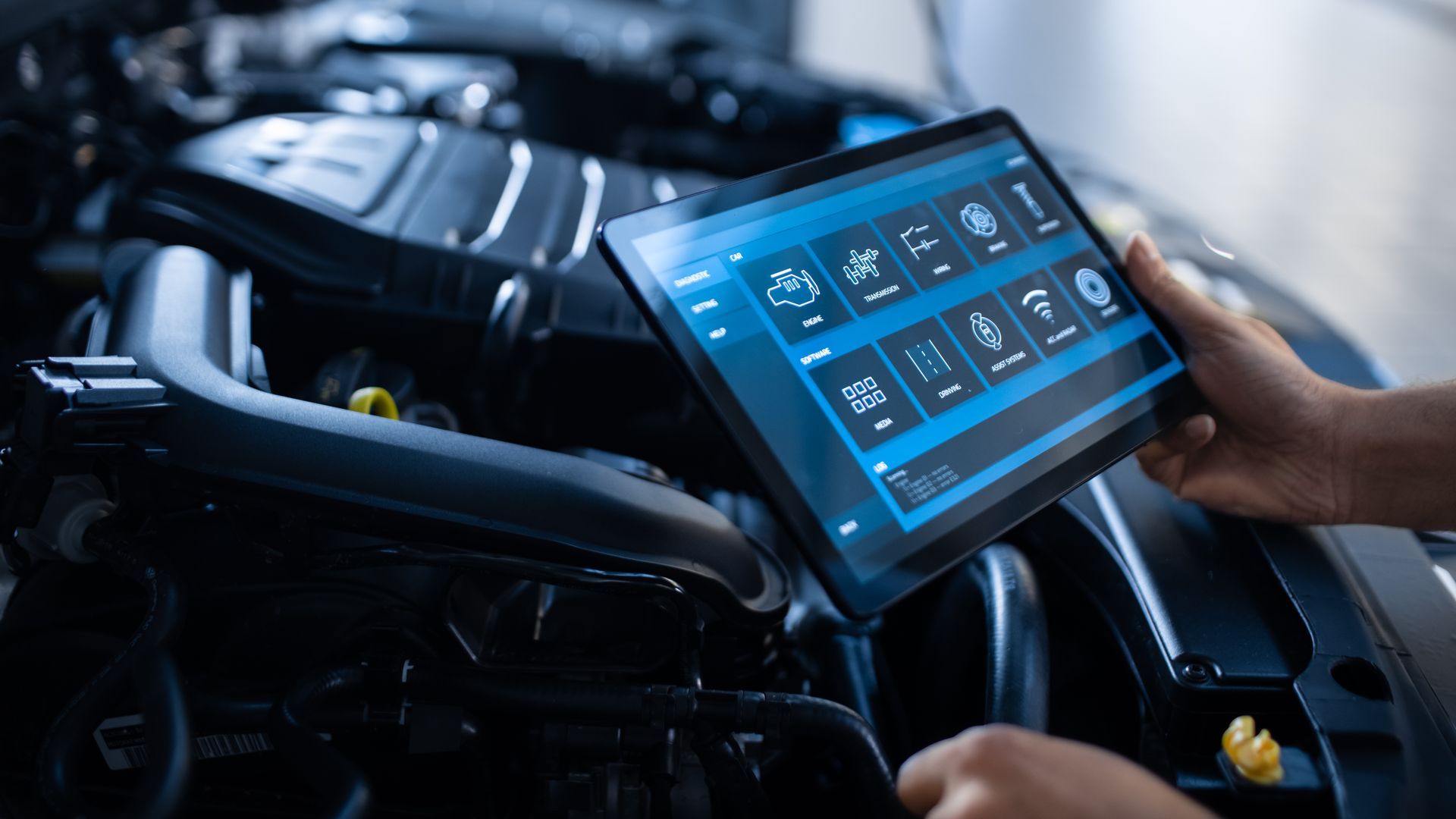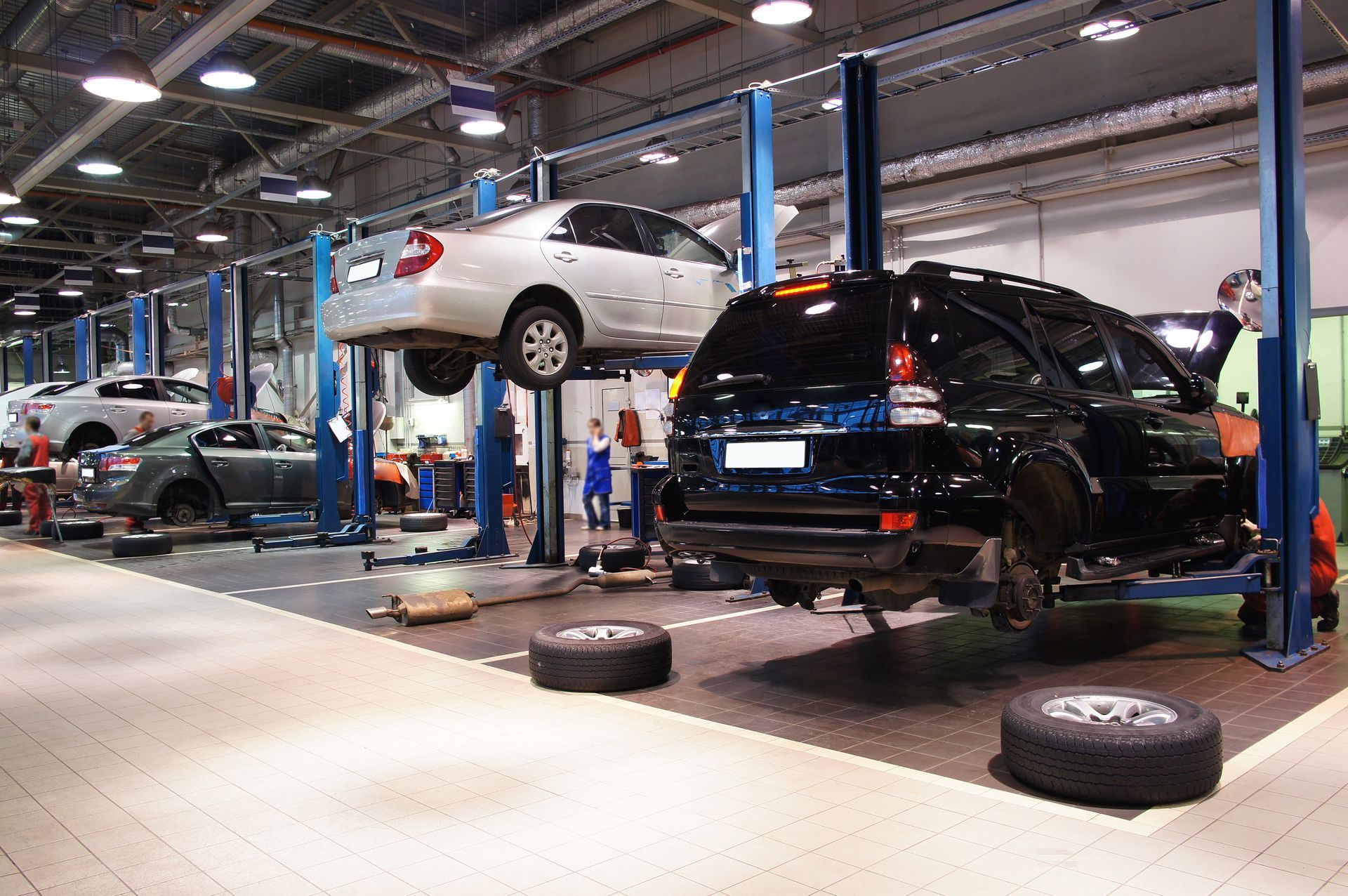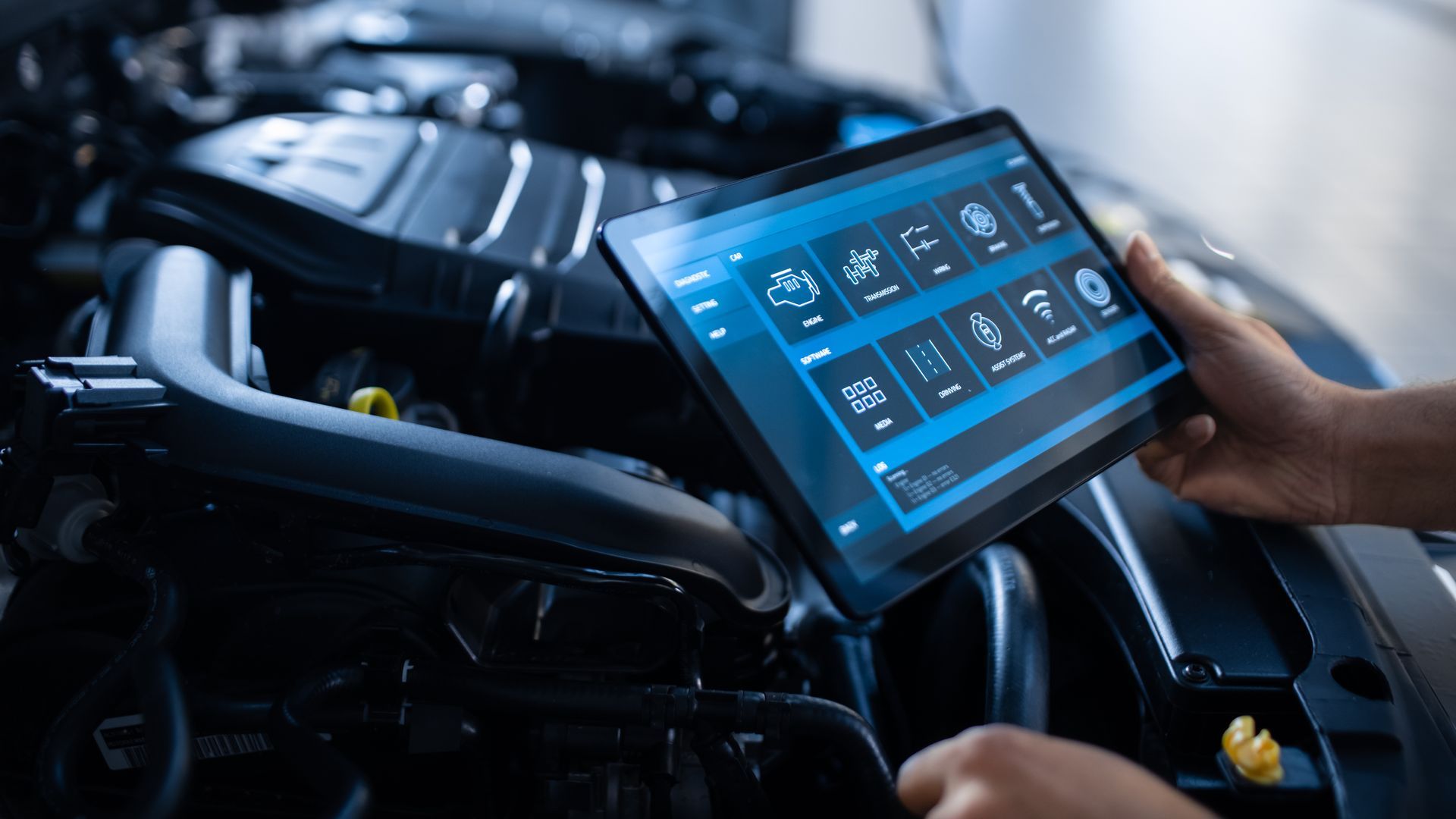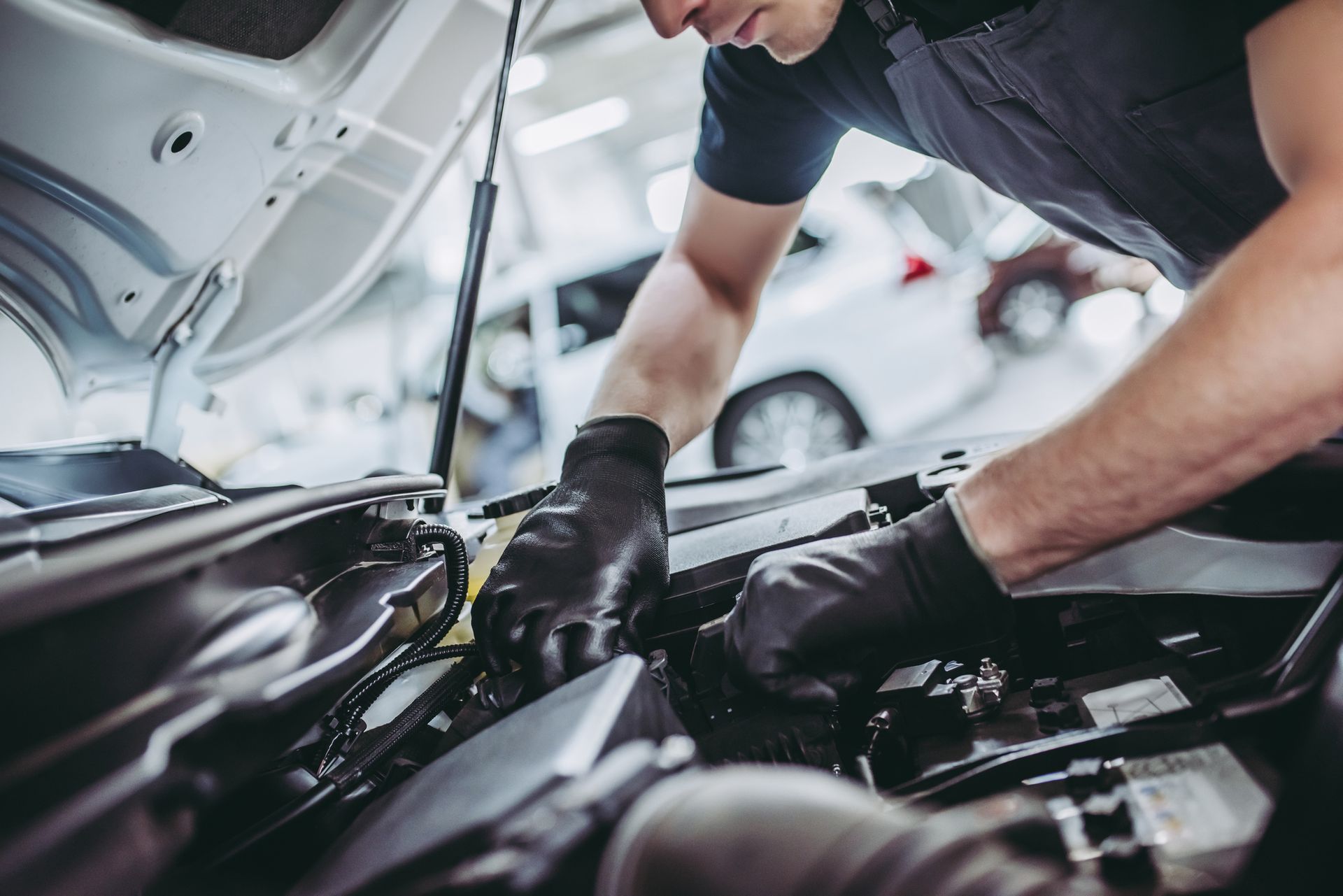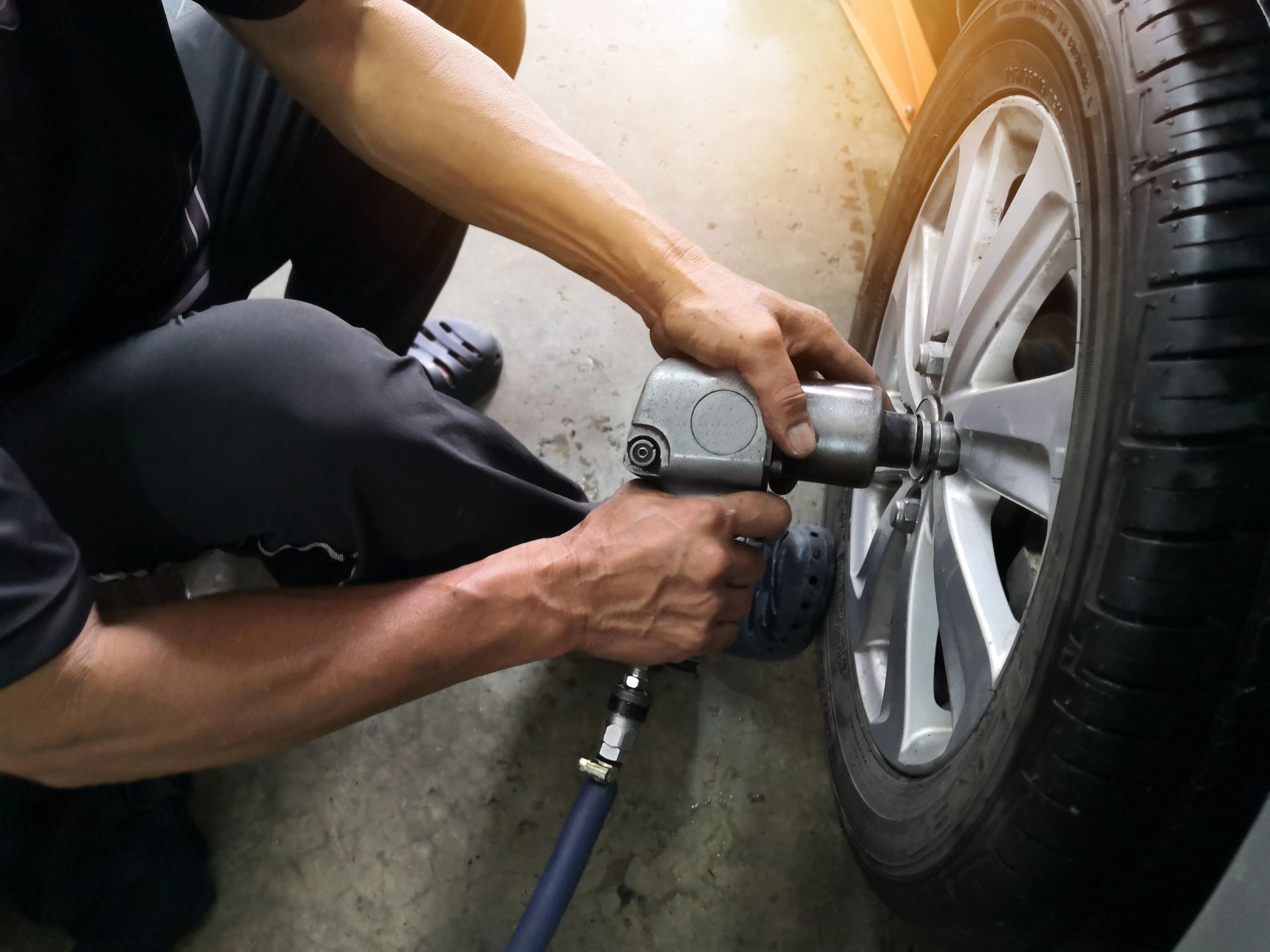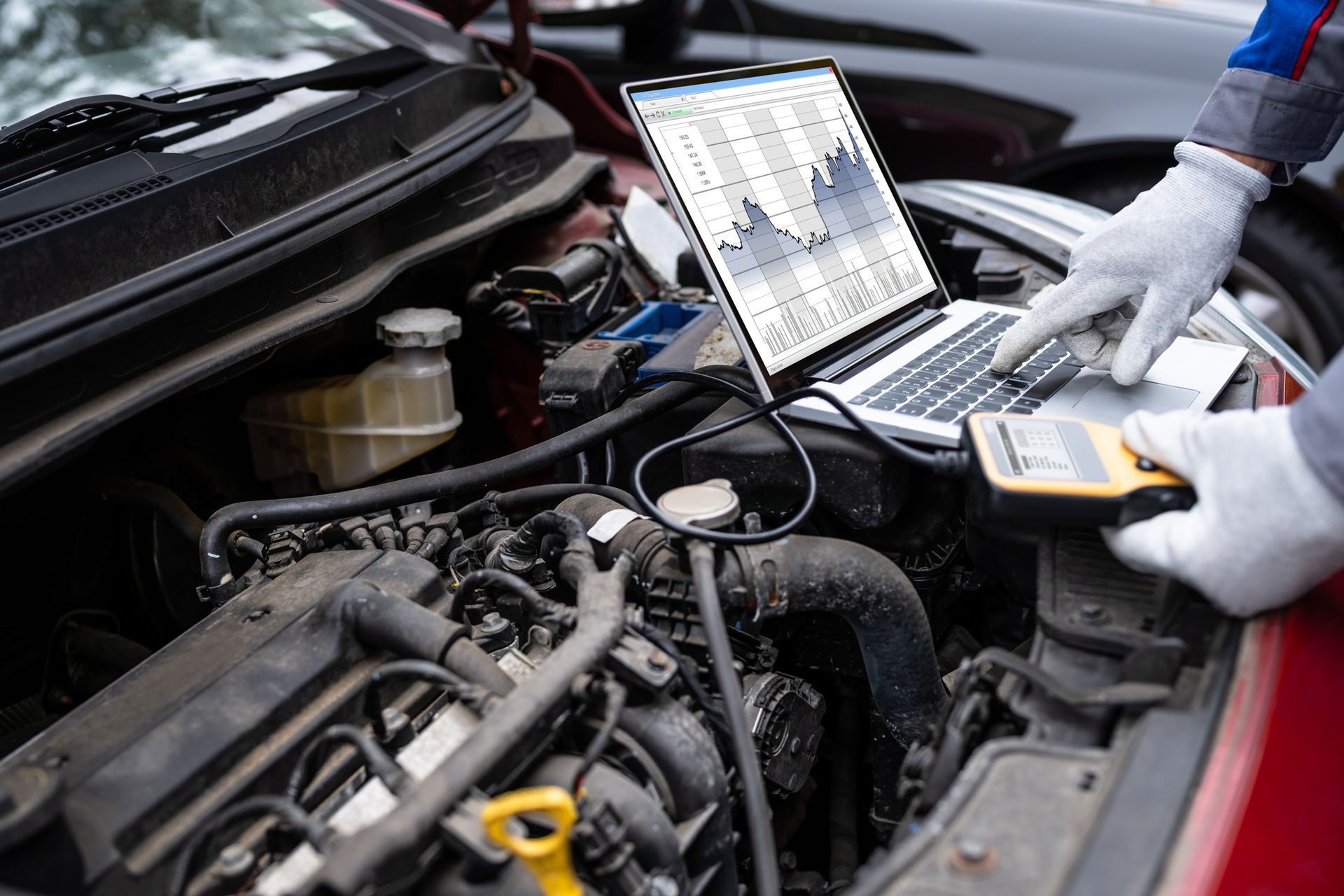4 Important Points About Diesel Engines
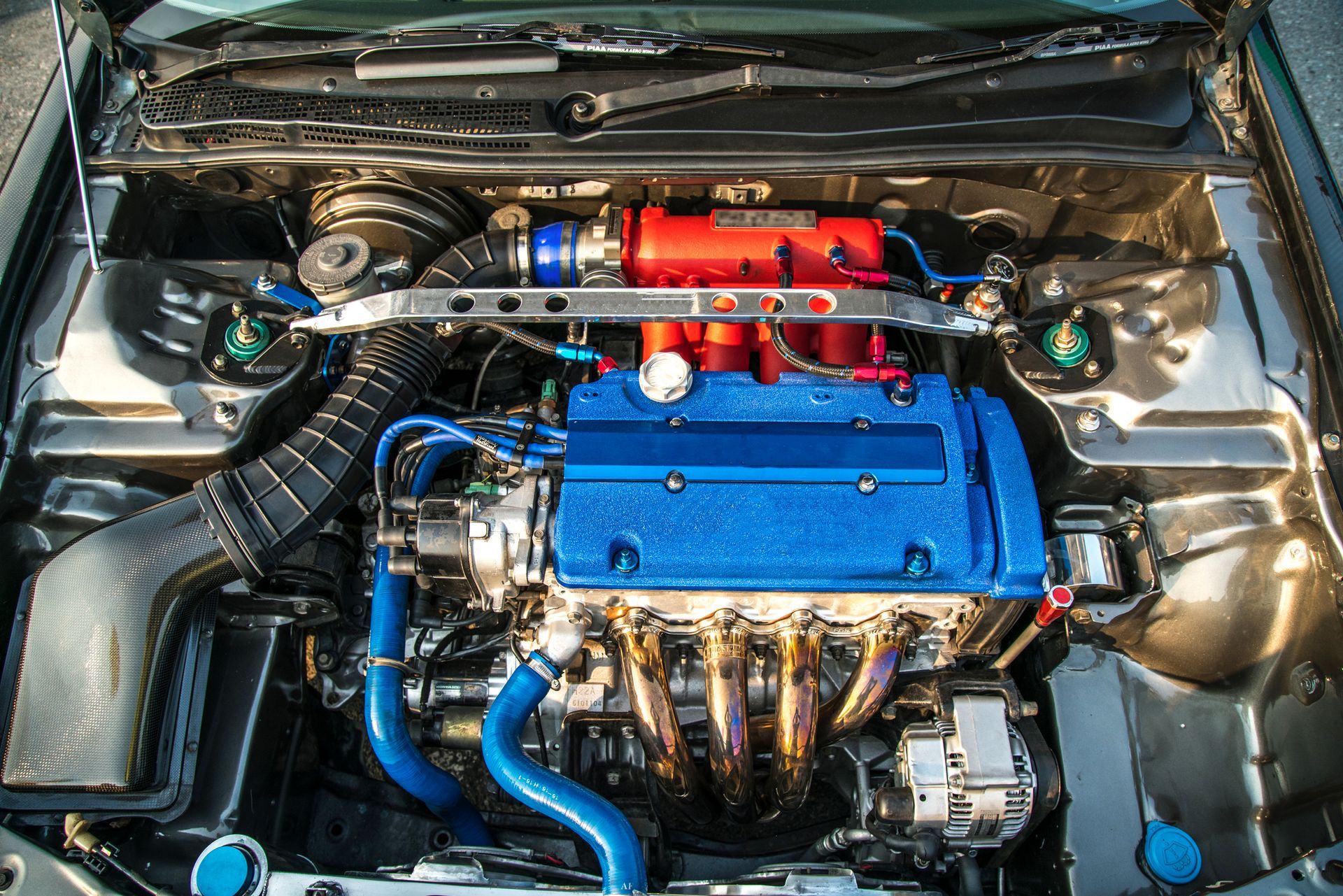
The greater amount of energy per gallon of fuel that diesel engines can produce makes them a popular option for SUVs, trucks, and vans. If you've purchased a used passenger car or a larger new vehicle that runs on diesel power, you should understand the benefits, challenges, and requirements of diesel engine systems. Consider the following four important points about diesel engines and their operation.
1. Diesel Engines Don't Use Spark Plugs
Drivers who have always owned gasoline-powered cars in the past might find it astonishing that diesel engines have no need for spark plugs, those ubiquitous little plugs that apply an electric spark to ignite gasoline for combustion. Instead, diesel engines rely on air compression to provide the necessary heat for ignition.
Although your gasoline engine doesn't include spark plugs, it does contain glow plugs. These elongated metal plugs sport a heating element that provides extra heat energy to help a diesel engine ignite on especially cold days.
2. Diesel Engines Offer Their Own Pros and Cons
Diesel engines make good choices for vehicles that face many years of hard use. The lack of spark plugs eliminates a potential failure point that can plague gasoline engines, while the higher compression and lower RPMs reduce long-term wear on the engine itself. These advantages give diesel engines greater longevity than gasoline engines.
The relatively high price per gallon of diesel fuel might alarm you until you realize that diesel fuel packs more energy per gallon than gasoline. As a result, a typical diesel-powered vehicle can provide about 20 percent more fuel efficiency than a gasoline-powered equivalent. The higher flash point of diesel fuel also offers extra safety.
Diesel-powered vehicles have cons as well as pros. For one thing, they tend to come at a higher purchase price than gasoline-powered vehicles. Rising fuel prices can also give prospective buyers pause, despite the higher fuel efficiency of these vehicles.
3. Diesel Engines Can Develop Their Share of Problems
Even with its simpler design and inherent durability, a diesel engine can experience issues just like any other kind of complex mechanism. One common example involves air-to-fuel imbalances that affect how efficiently the engine burns the fuel. This problem manifests itself as black smoke pouring out of the tailpipe.
Glow plugs can eventually wear out, just as spark plugs tend to do after many miles of service. If you lose a glow plug, you may find starting your vehicle in cold weather a challenge. While this issue may not trouble you here in sunny California, it can prove a hassle when driving through colder climates.
A diesel engine's reliance on the intake of compressed air can affect the quality of its engine oil. Even a small oil leak can expose the oil to the air in the combustion chamber. This exposure will oxidize the oil, reducing its ability to keep the engine running properly or protect engine parts against wear and tear.
4. Diesel Engines Require Thorough Maintenance
While both gasoline engines and diesel engines need periodic maintenance, the latter may require an extra degree of care from owners and service technicians. For example, since diesel engines run at comparatively high operating temperatures, you must make sure that your radiator works at top capacity.
Diesel engines usually rely on two fuel filters, as opposed to the single filter that a gasoline engine can get away with. Designers include the second fuel filter to help absorb the extra condensation that threatens a diesel fuel tank. Follow the owner's manual recommendations to replace both fuel filters in a consistent, timely manner.
You can entrust the health and well-being of your diesel-powered vehicle to Letcher Bros. Auto Repair. Our skilled, experienced technicians can troubleshoot any odd behavior in your diesel engine, repair whatever needs repairing, and provide the expert maintenance these sometimes finicky engines require.
Contact us today.



